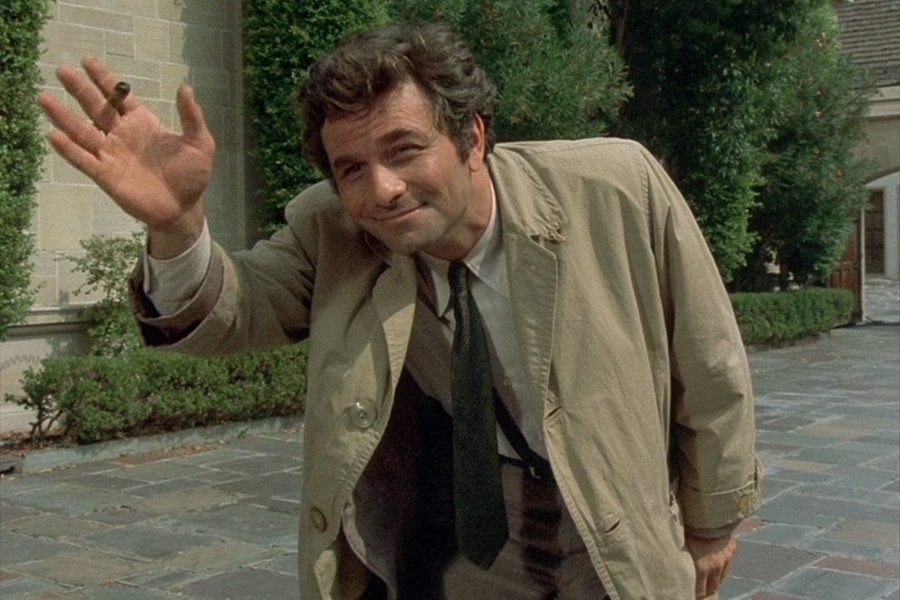
How to Write a Detective
Crafting a convincing detective for a mystery story is akin to solving a puzzle within a puzzle. The character must be compelling, complex, and capable of leading readers through a labyrinth of intrigue and suspense. A well-developed detective character can elevate a mystery from mundane to mesmerizing, leaving an indelible mark in the annals of crime fiction.
Let’s start with the basics: a distinctive personality. The pantheon of memorable detectives, like Hercule Poirot created by Agatha Christie, is defined by unique quirks and characteristics. Poirot’s meticulous nature, his impeccable sense of style, and his famous mustache make him instantly recognizable. These traits do more than just distinguish him; they also play into how he solves crimes, using his keen attention to detail.
Then, there’s the matter of a compelling backstory. A detective’s past shapes their present, influencing their motivations and how they interact with the world. Consider the hard-boiled detectives of Raymond Chandler’s novels, like Philip Marlowe. His cynicism and moral code are products of his experiences, which add depth to his character and make his investigations more engaging.
Intelligence and observational skills are the bread and butter of any detective. They need to be able to connect the dots faster and more accurately than the reader, yet in a believable manner. Sherlock Holmes, though not mentioned directly, is a prime example of this skill, with his almost superhuman deductive abilities. However, it’s crucial to balance these skills with human flaws to avoid creating an infallible and thus unrelatable character.
Personal demons and flaws add layers to a detective’s character. For instance, the detective in “The Maltese Falcon,” Sam Spade, is embroiled in moral ambiguity. His flaws make him human and relatable, creating a tension between his duties as a detective and his personal inclinations. This internal conflict can drive the narrative and engage readers on a deeper level.
A detective’s relationships with other characters can also be a rich source of development. Whether it’s a loyal sidekick, a professional rival, or a complicated romantic interest, these relationships can reveal different facets of the detective’s personality and provide opportunities for character growth. The interplay between Miss Marple and the various law enforcement officials in Christie’s novels, for example, showcases her sharp wit and keen understanding of human nature.
The setting also plays a critical role in shaping a detective’s character. Whether it’s the foggy streets of Victorian London or the sun-drenched beaches of Miami, the environment can influence a detective’s personality and approach to solving crimes. Consider the impact of the Los Angeles setting on the characters and plots of Michael Connelly’s Harry Bosch series.
Dialogue is another crucial element. A detective’s manner of speaking can lend authenticity to the character and set the tone for the story. The snappy, hard-edged dialogue of Dashiell Hammett’s characters not only defines them but also immerses the reader in the gritty world of his stories.
A detective’s physical appearance, while not as crucial as other aspects, can still contribute to their character. Whether it’s the rumpled raincoat of a Columbo or the elegant attire of a Poirot, their appearance can be a visual shorthand for their personality and lifestyle.
The detective’s moral code is a defining trait. Whether they adhere strictly to the law or operate in a gray area, this code guides their actions and decisions throughout the story. A detective like Jules Maigret, created by Georges Simenon, is known for his compassion and understanding of human nature, which sets him apart from more hardline detectives.
Finally, a detective’s method of solving crimes is their signature. This could range from the scientific and methodical to the intuitive and unconventional. The key is consistency; the detective’s methods should be a logical extension of their character and remain consistent throughout the story.
To create a convincing detective for a mystery story, writers must juggle various elements, from personality traits and backstories to skills and moral codes. Each aspect serves to deepen the character, making them not just a vehicle for the plot, but a compelling figure that readers can root for, relate to, or even love to hate. Crafting such a character is no small feat, but when done right, it can result in a detective who stands the test of time and takes their rightful place in the pantheon of great fictional sleuths.
More Detective Features
Priest Detectives
These holy detectives are not content with the mysteries of faith
The Characteristics of Hercule Poirot
Peculiar habits and unmatched deductive abilities
Detective Novels
The pinnacle of sleuthing



